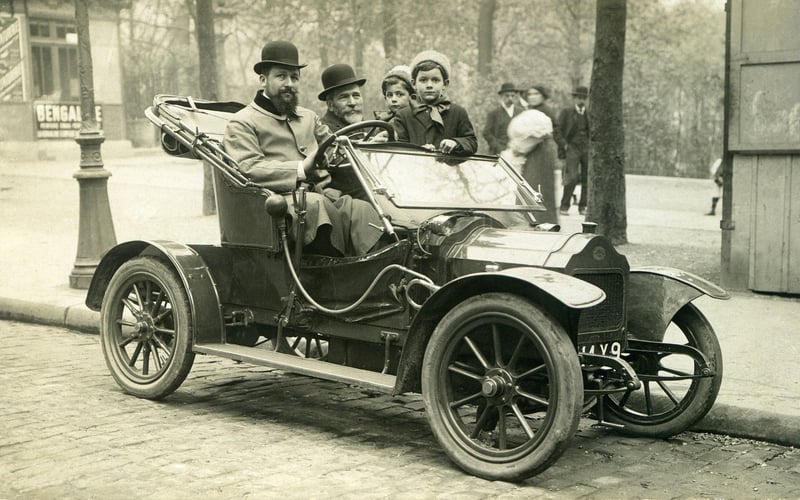Industrial Revolution
Exploring Historical Eras: The Industrial Revolution

The Industrial Revolution was a period of major industrialization that took place during the late 18th and early 19th centuries. It marked a significant shift from agrarian and handicraft economies to industrial economies powered by machinery, factories, and mass production.
Key Features of the Industrial Revolution:
- Rapid technological advancements
- Growth of factories and urbanization
- Invention of steam engines and mechanized production processes
- Expansion of transportation networks (railways, canals)
- Rise of capitalism and industrial capitalism
Impacts of the Industrial Revolution:
The Industrial Revolution had far-reaching effects on society, economy, and culture:
- Urbanization and the growth of cities
- Shift from agriculture to industry
- Creation of a working-class labor force
- Improvements in transportation and communication
- Increased production and consumerism
- Social and economic inequality
Significance of the Industrial Revolution:
The Industrial Revolution is considered a pivotal moment in history as it laid the foundation for modern industrial economies. It transformed the way goods were produced and led to profound social and economic changes that continue to impact the world today.
To delve deeper into the Industrial Revolution and its impact on society, economy, and technology, consider exploring historical archives, visiting industrial heritage sites, or reading scholarly works on the subject.
Remember, understanding historical eras like the Industrial Revolution helps us comprehend the evolution of our world and appreciate the progress made over time.
